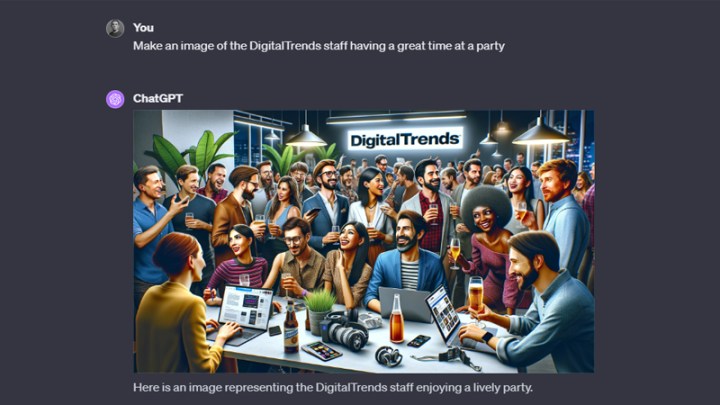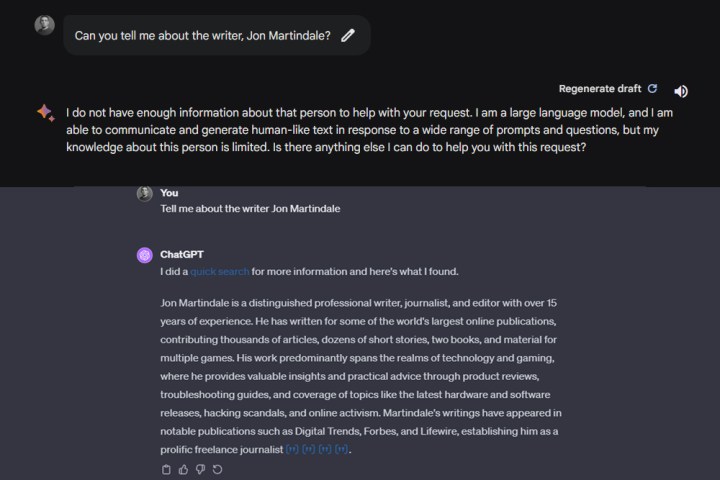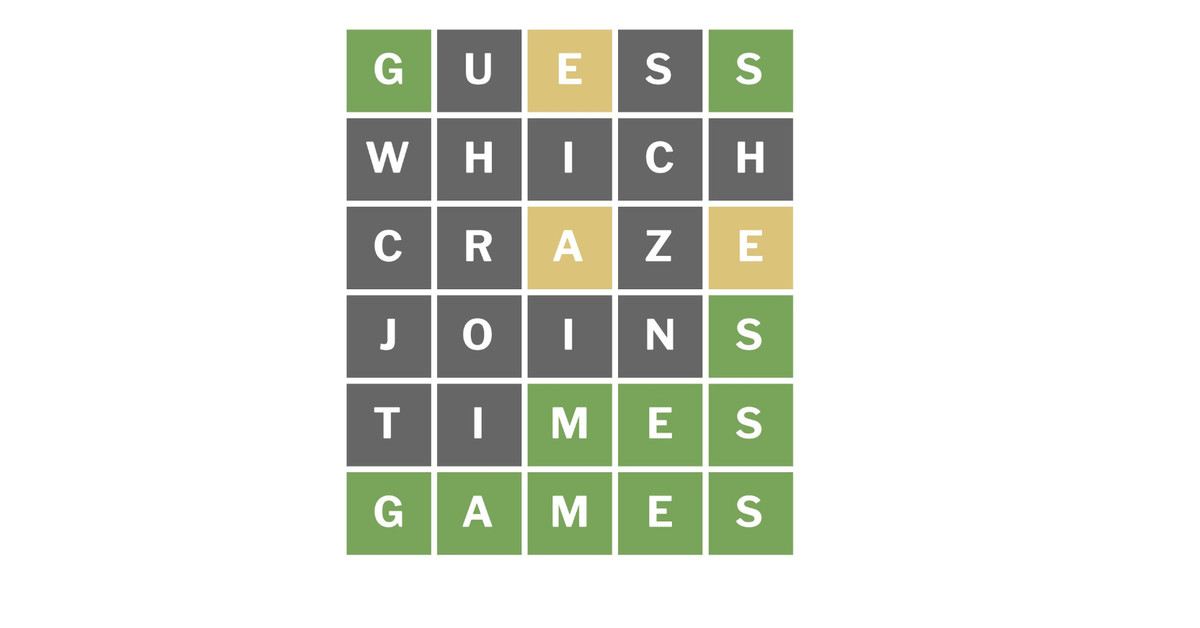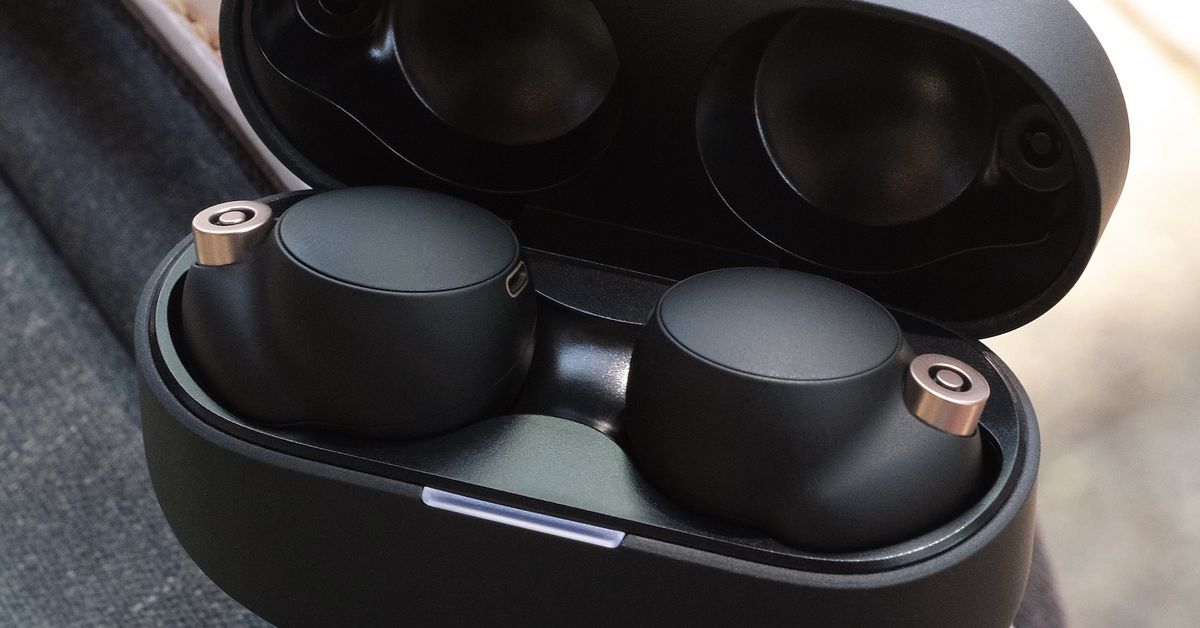Google Gemini vs. GPT-4: Which is the best AI?
OpenAI's GPT-4 and Google's Gemini are two of the most advanced chatbots out there thanks to some impressive features. Which comes out on top? Let's compare.

Google’s Gemini artificial intelligence and OpenAI’s ChatGPT that uses the GPT-4 model are two of the most advanced artificial intelligence (AI) solutions available today. They can comprehend and interact with text, images, video, audio, and code, as well as output various alterations of each. they also provide expertise that would cost a lot to replicate with an expert human.
But if you’re weighing which tool to put your time and energies into learning how to use, you want to pick the best one. Which is the more capable AI tool? Gemini or GPT-4?
Availability and pricing
 Gemini is available in Pro and Nano form, though Ultra has yet to be released. Image used with permission by copyright holder
Gemini is available in Pro and Nano form, though Ultra has yet to be released. Image used with permission by copyright holderBoth GPT-4 and Google Gemini are available now in one form or another. Gemini Pro is freely available through Bard, and has been since December 6, 2023 — you just need a Google account to use it. GPT-4 is only readily available in the ChatGPT tool with a GPT-Plus subscription, which will cost you $20 a month.
You can use GPT 3.5 (and depending on availability, sometimes GPT-4) through Microsoft’s Bing Chat, and there are some tools that let you use GPT-4 for free in a limited capacity, but the main way to use it is through ChatGPT.
It’s also important to note that while Gemini Pro is an effective form of the AI, it isn’t the final form. Google has promised that Gemini Ultra will be released later and will be the most capable of its AI solutions. It has also launched Gemini Nano, which runs locally on some smartphones and has a reduced feature set — it’s primarily used to power text summary and proofreading tools.
What can they do?
The main feature sets of Gemini and GPT-4 are very similar. Both can interact with and interpret text, images, videos, audio, and code, allowing you to use them for a wide range of tasks. You can have general conversations or ask questions of both chatbots, have them look at a picture of your cupboard ingredients and suggest a recipe based on it, estimate how many people are in a video of a crowd, or make suggestions for how to streamline your code to make it more efficient.
Both AI can be augmented with additional extensions, though at the time of writing, Google’s are more limited. Gemini can utilize Google Flights, Hotels, Maps, YouTube, and Google’s range of Workspace applications, letting you interact with documents, find live data on flights and hotels, and more.
However, OpenAI’s GPT-4 has a much greater array of plug-ins and extensions, most produced by third parties. While some of those capabilities are being rolled into GPT-4 as it is updated, there are lots of third-party extensions that can help you with shopping, advanced mathematical calculations, integration with thousands of other apps, and booking restaurant tables. There are even plug-ins to help you write better prompts.
In terms of customization, GPT-4 holds an edge on Gemini here as well. It lets you create custom versions of GPT-4 so that you can focus it on specific tasks. This can save you repeating yourself when you come back to the chat later. Gemini lets you launch new chats, but there are no customization options at this time.
GPT-4 can also create images on the fly. While Gemini is designed to do that, it’s not something it’s capable of just yet. GPT-4 has Dall-E 3 built into it, so if you’re already paying for GPT-Plus, there’s no need to also pay for an image-generation subscription.
 I’m not sure which one I’m supposed to be, but it looks like a fun time at least. I’m jealous of some of those beards. Image used with permission by copyright holder
I’m not sure which one I’m supposed to be, but it looks like a fun time at least. I’m jealous of some of those beards. Image used with permission by copyright holderResponse time is clearly faster with Gemini, however. While GPT-4 has lulls where the sheer number of users can cause GPT-4 responses to slow or even be interrupted entirely, making GPT-4 unusable for short periods of time, Gemini responds incredibly quickly.
Both tools give you the option to fact-check them in some manner. GPT-4 provides source links for claims it makes at the end of its responses, while Gemini has a button that lets you perform a Google search for the information you’re looking for to confirm it yourself.
Which is better, Gemini or GPT-4?
When Google launched Gemini, it highlighted how its Pro model could beat GPT-4 in a range of AI-based applications and benchmarks, including in reasoning capability. However, testing this in the real world is far more difficult, with both AIs displaying impressive responses to the same prompts, whether it’s for text, images, video, or coding.
I’ve personally found both AIs useful when asking questions about game coding, and both function well as conversational chatbots. Gemini seems to be programmed to steer clear of discussion about or interactions with images of certain people, however. It refused to identify the clothing of a celebrity I showed it, and when asked about yours truly, it couldn’t tell me much. GPT-4 had no such problems.
 Jon Martindale
Jon MartindaleWhile I was given the option to use Google to double-check other responses, Gemini didn’t use Google to find information about me, as GPT-4 did with Bing, nor did it give me the option to fact-check it.
With all that in mind, at the time of writing, GPT-4 feels like it holds an edge. It’s a more complete tool, with greater capabilities through plug-ins and custom chatbots. Gemini feels equally capable in terms of raw ability, and it responds very fast, but it doesn’t quite have the feature set. Gemini Ultra holds much promise, but we’ll need to wait to see how available that integration of Google’s AI is before commenting further.

 Astrong
Astrong 
































